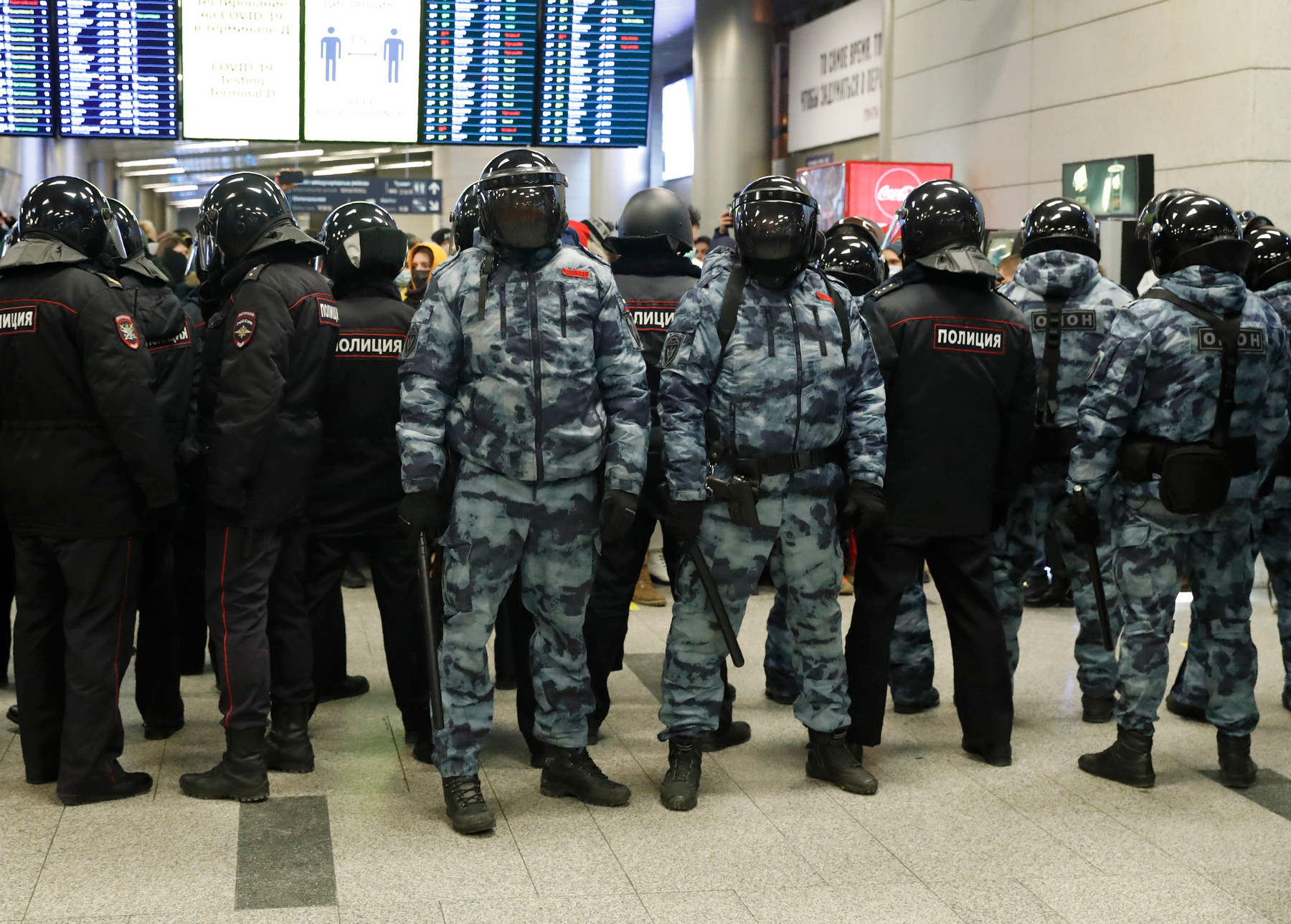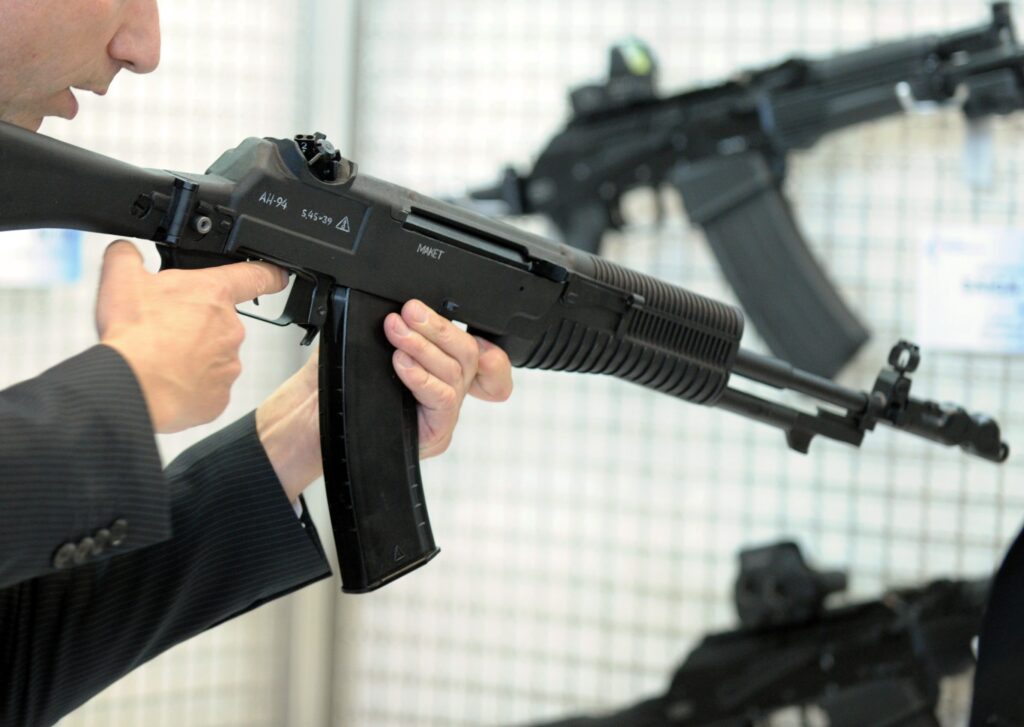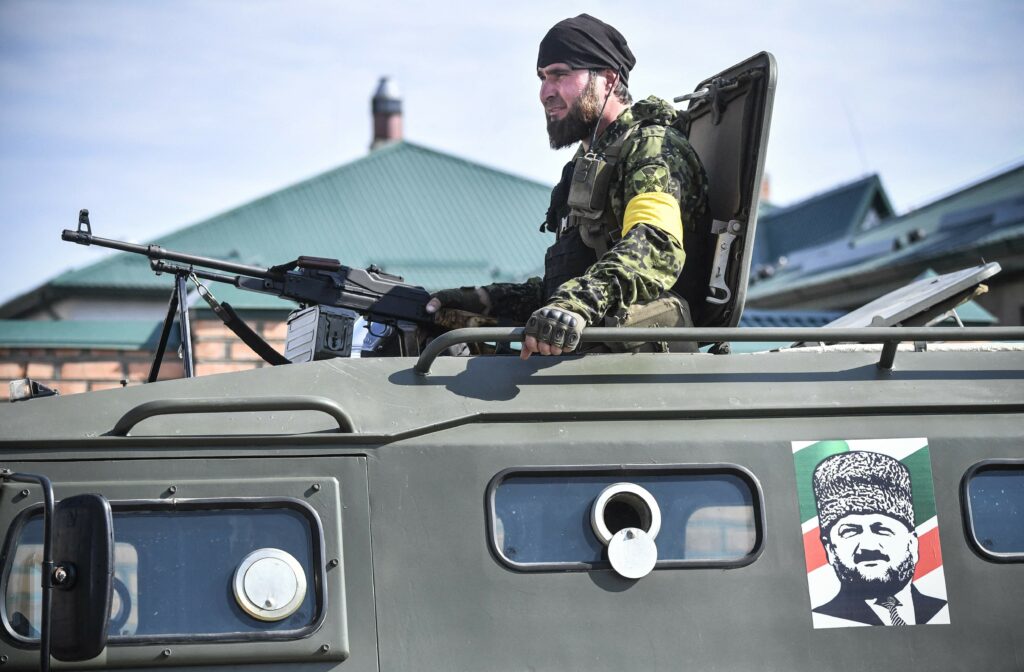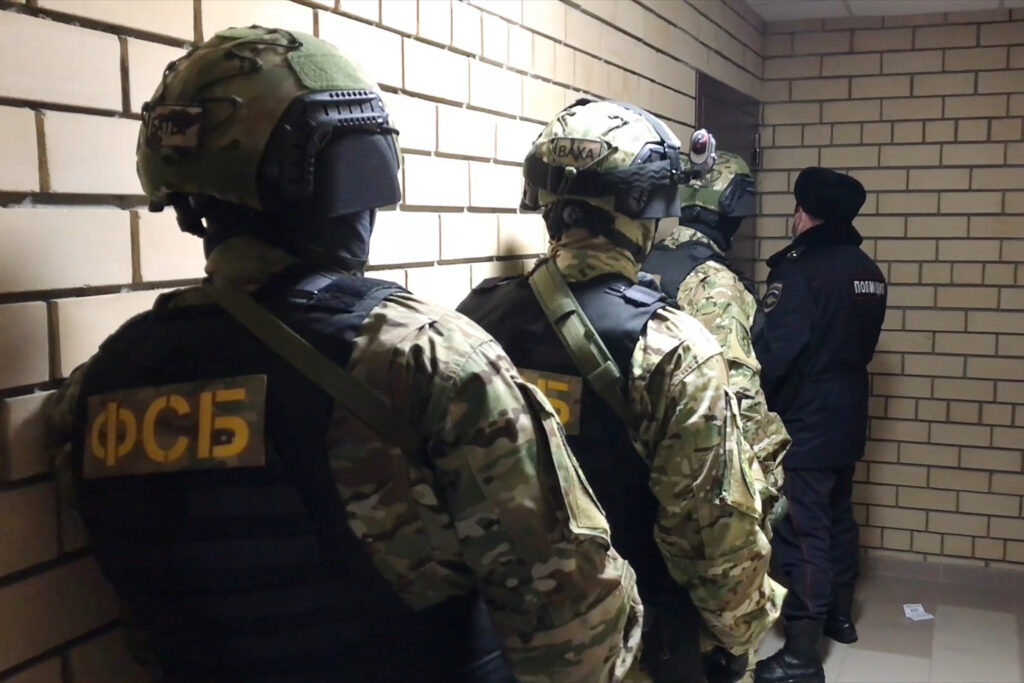The poisoning of Alexei Navalny — and his dramatic return to Russia from Germany last Sunday that ended in his arrest yet again — has made the discussion about ways to reform the Russian national security agencies more relevant than ever. Law enforcement agencies have had every chance to fulfill even the most basic of duties: a criminal investigation into the poisoning of a politician. But so far, that is a duty they have decided not to fulfil. Instead, questions mount over whether the crime was by the FSB itself. The response of Vladimir Putin to all this — that if Russian agents had wanted to poison Navalny, «they would probably have finished the job» — show not only the absence of the rule of law in Russia, but also how the national security system is in a perverse state. Rather than ensuring the security of citizens, the Russian security forces selectively preserve Putin’s personal regime.
Some academics and politicians have joined the reform debate, berating the FSB and the Russian national security system as a whole. Comments range from a call to close and ban the FSB as a structure to justifying the need to fine-tune the judiciary, law enforcement and security structures in a logic of democratic political oversight and governance.
Personal security
To put it frankly, all the security services of Russia are, to varying degrees, the president’s personal weapons. The functions of the Armed Forces and SVR are mainly concentrated outside the country; the results of their activities concern Russian citizens less than the actions of the police, the FSB, the prosecutor’s office and other law enforcement agencies, which every day affect the lives of citizens.
Over the 20 years of his rule, Putin has aligned the FSB management. The President directs the activities of the FSB. He determines its structure, hires directors. He approves the number of personnel. On December 30, 1999, the president received the right to use the capabilities of other security agencies in the interests of the FSB. By 2003, the FSB took over the border troops. Since 2006, the special forces of the FSB can be used abroad by decision of the president. According to the Constitution and federal laws, control over the FSB is not just exercised by the President, but also the Federal Assembly, the Government, and the judiciary. Article 24 of the law «On the Federal Security Service» allows prosecutorial supervision of the FSB, but the most important «information about the persons providing […] assistance on a confidential basis, as well as about the organization, tactics, methods and means of carrying out the activities of the federal security service in the subject of prosecutorial supervision is not included».
The recent amendment to the Constitution, however, secured the sole presidential control over all law enforcement agencies. Paragraph 1 of Article 83 gives the President the right to appoint and dismiss all ministers and leaders «in charge of defense, state security, internal affairs, justice, foreign affairs, prevention of emergencies and elimination of the consequences of natural disasters, and public safety».
Thus, the successes and failures of the Russian security agencies are the result of the president’s personal work. Putin is the driver of this car; all other political players are passengers.
At the same time, the FSB does not exist in a vacuum; it is an influential part of the general security sector, which includes the Armed Forces, the police, the National Guard and other security agencies, and organizations formally still obliged to control them — the Federal Assembly, the prosecutor’s office, the courts, the media, even universities. Changes in one body will inevitably lead to ruptures in the entire edifice.
The urgency of reform
Reforming the Russian security sector is a political issue — and a huge one. Any changes in power structures here will affect everyone. For example, the openness of the security forces will entail anti-corruption changes in procurement. That will affect suppliers. Reform will also require strengthening parliament in terms of its control over the security forces. The type of political system will be decisive. For example, an ill-conceived increase in the power of Parliament can lead to a loss of efficiency in the management of law enforcement agencies in cases where the opposition controls the defense and intelligence committees, and the president or prime minister is too politically weak. Therefore, the reform of the security sector is a matter not only of technocrats, but also of civil politicians and society.
In a post Putin-era, any reform would be accompanied by unprecedented lobbying by interest groups. The law enforcement agencies in Russia are disunited and their natural interdepartmental struggle could weaken the expert potential of the reformers. For example, reformers are unlikely to want to weaken military counterintelligence or special anti-terrorist units, but their activities are closely connected with other bodies and divisions, the Ministry of Defense and even criminal groups. Therefore, politicians and the experts helping them will have to display unprecedented political flair and awareness.
The reformers will have to make one particularly tough call. Namely, who become interim leaders of the security agencies for the period of reforms. On the one hand, insiders have the most information about the methods and specifics of the work of the national security agencies. On the other hand, it is hard to imagine the agents of the Russian security and intelligence services who really understand and value democratic development and human rights. The education and socialization of agents are focused on protecting the state: political threats to the head of state are perceived by them as threats to Russia. Independent politics is suspected of having links with external forces by default. For example, potential protests over the upcoming Duma elections and the extension of Putin’s power for a fifth term will be viewed by the servicemen as a threat to the stability and security of the Russian political system. So, the prevention and suppression of rallies is carried out with particular intensity. Most of the servicemen will be trained to believe they are defending their Motherland from the «new 90s», and not Putin personally. Therefore, potential reformers will have to appoint either unquestioning external executors — new «Anatoly Serdyukovs», which will inevitably bring performance errors — or rely on existing specialists, which will inevitably narrow the possibilities for the necessary changes.
Another feature is that public confidence in the security sector is rather heterogeneous. On the one hand, Russians trust the army and special services. On the other, they mistrust the police, the State Duma, the government, the courts and the prosecutor’s office. However, trust data should not be taken as indicators of support. Rather, they should be interpreted, according to Lev Gudkov, as the correspondence of the perception of the actions of security forces to the attitudes accepted in society. The high overall level of securitization of Russian politics, the controlled supply of information about the security forces, and the physical isolation of the Armed Forces and special services provide an optimal level of trust in the «defenders of the Motherland». This image deteriorates as soon as citizens themselves face the work of law enforcement agencies, for example, when interacting with the police. Strengthening the independence, efficiency and controlling role of the courts, the State Duma, the prosecutor’s office and the media will lead to a «sobering effect» as information comes to light about corruption; or the real indicators of spending on «national security»; or the illegal and immoral operations against Russian and Soviet citizens. This will undermine confidence in the special services and the Armed Forces. But it will also launch the necessary mechanism for improving the security sector.
The modern over-centralization of power structures creates a potential threat to the stability and security of Russia. In the event of an unexpected departure from power of Putin, all law enforcement agencies will be effectively beheaded. The next leader of the country will receive unlimited power over them. This contributes to the maintenance of an unstable organizational culture, in which the «siloviki» informally equate a particular leader with the state. Changing these beliefs will be much more difficult than changing the laws. Retraining employees to build respect for civilian control will take time and financial resources.
Ambitious Russian politicians should prepare now for effective democratic governance of what is now opposed to them.









